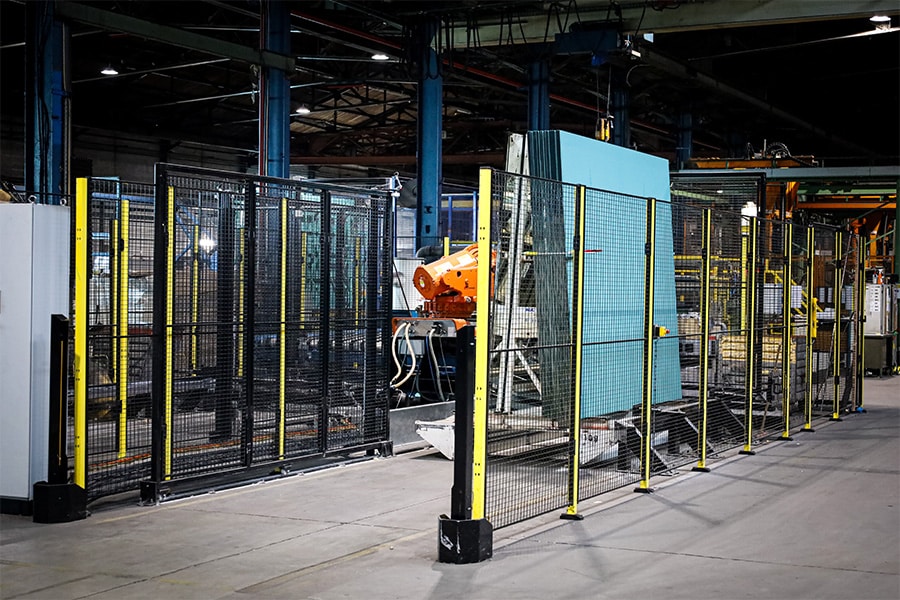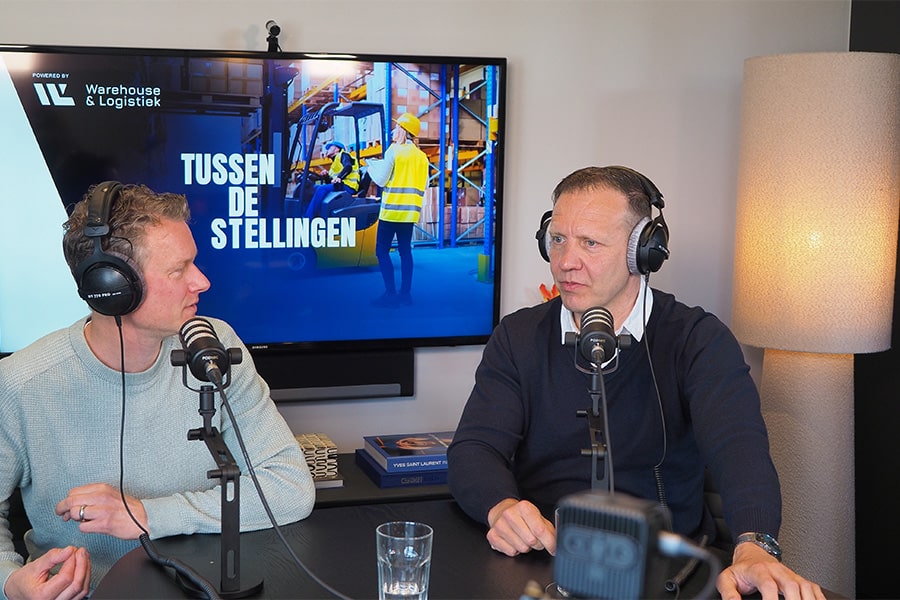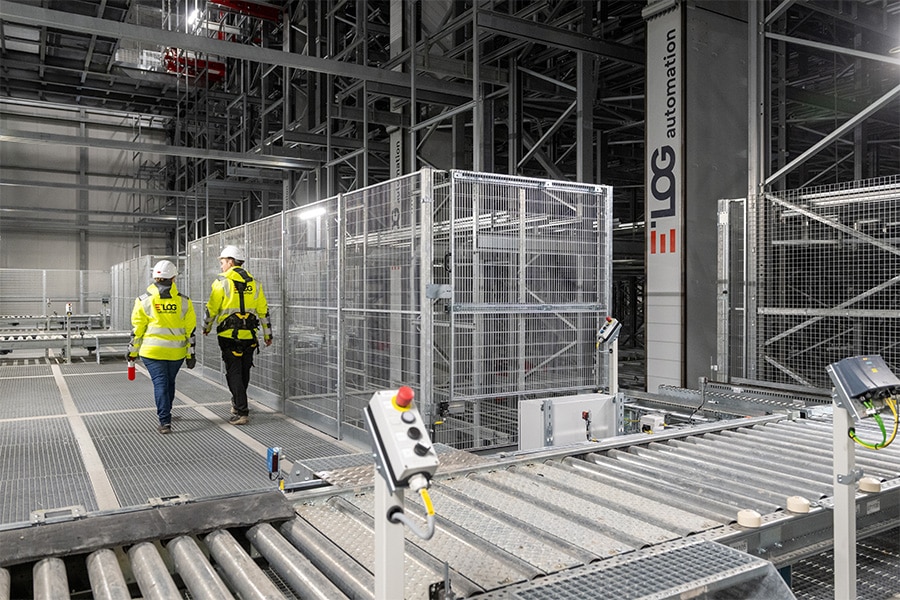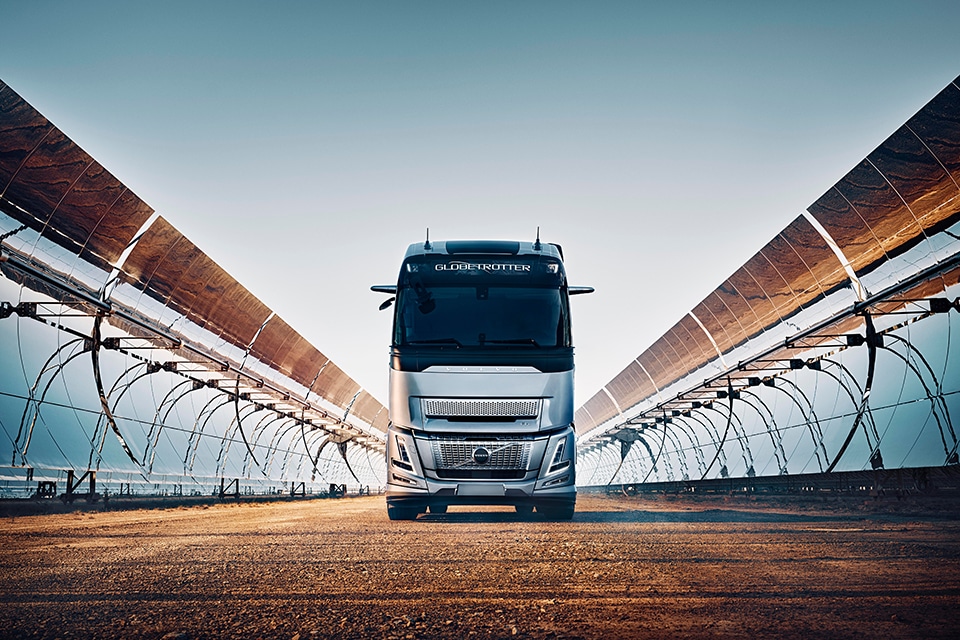
'Sustainable revenue model with solar panels available'
Mix of various techniques is the best solution
The use of hydrogen for heavy trucks is on the rise, but meanwhile the range of electrically powered vehicles is also increasing. What is a wise choice when renewing or expanding the fleet? We ask Jan Schouten, Manager Energy Transition at Volvo Trucks. Not only does he deal with these issues, Volvo was also the first truck brand to bring hybrid trucks, (Bio-)LNG trucks and a full range of electric trucks into series production on the market.
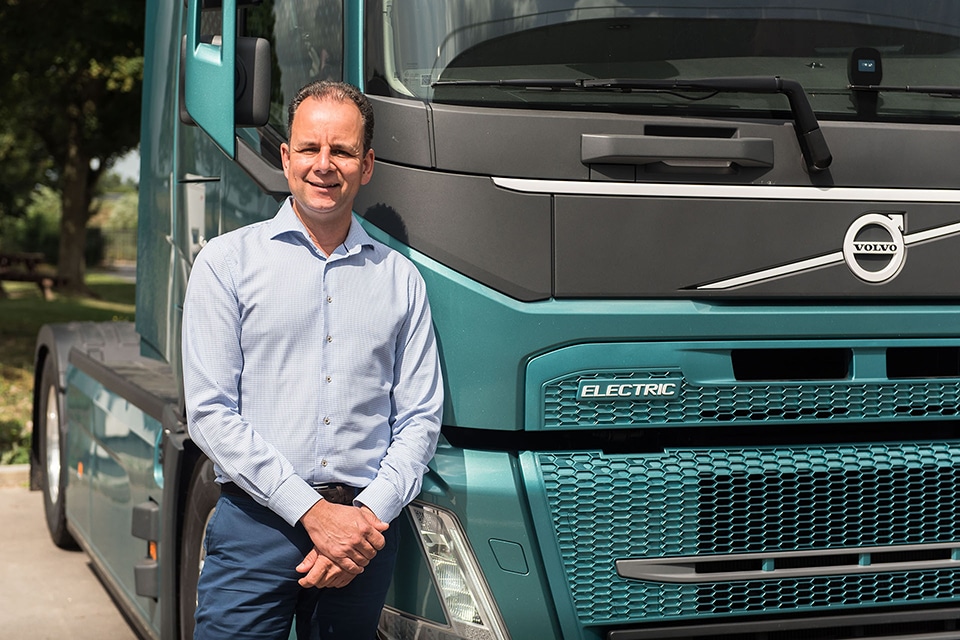
Schouten: "Ultimately, a mix of various technologies is the best solution. In the case of heavy trucks, we then talk about a choice between electric drive via batteries or with a fuel cell as a power source, and efficient internal combustion engines. Where the latter then run on environmentally friendly fuels, such as HVO, Bio-LNG or hydrogen."
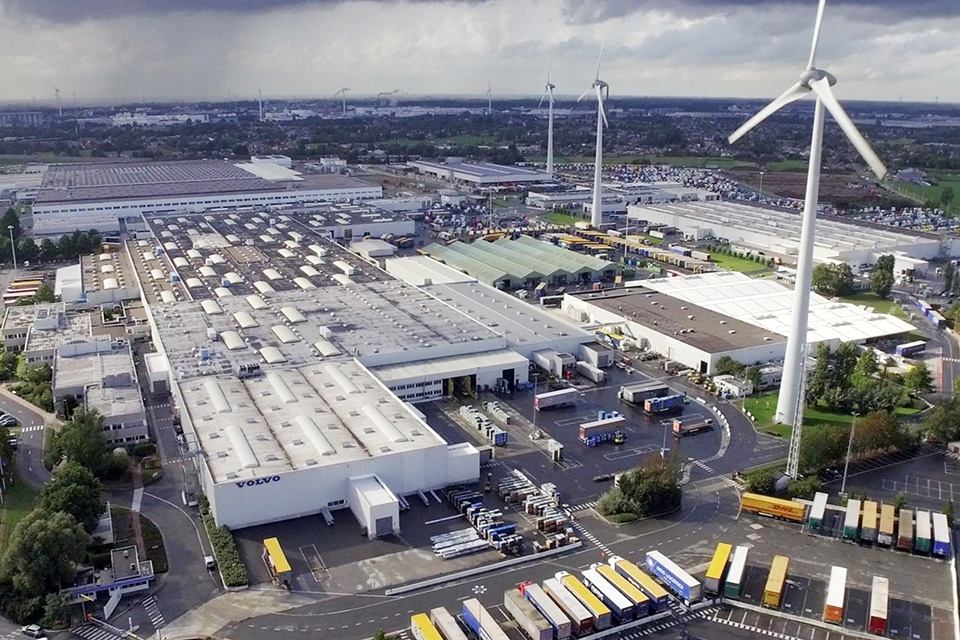
Hydrogen
The ultimate goal is to completely reduce the use of fossil fuels. An engine that runs on hydrogen can also offer a solution for this in the longer term - it has virtually no CO2 emissions. This builds on the already developed technology of internal combustion engines running on (Bio)-LNG. The EU considers this to be "zero-emission," although it remains a combustion engine. "The disadvantage of hydrogen is that it is currently still very expensive and the refueling infrastructure for trucks still needs to be developed. The reliability is also not yet at the level needed for further scaling up. We see positive opportunities here, but with the right timing behind it."
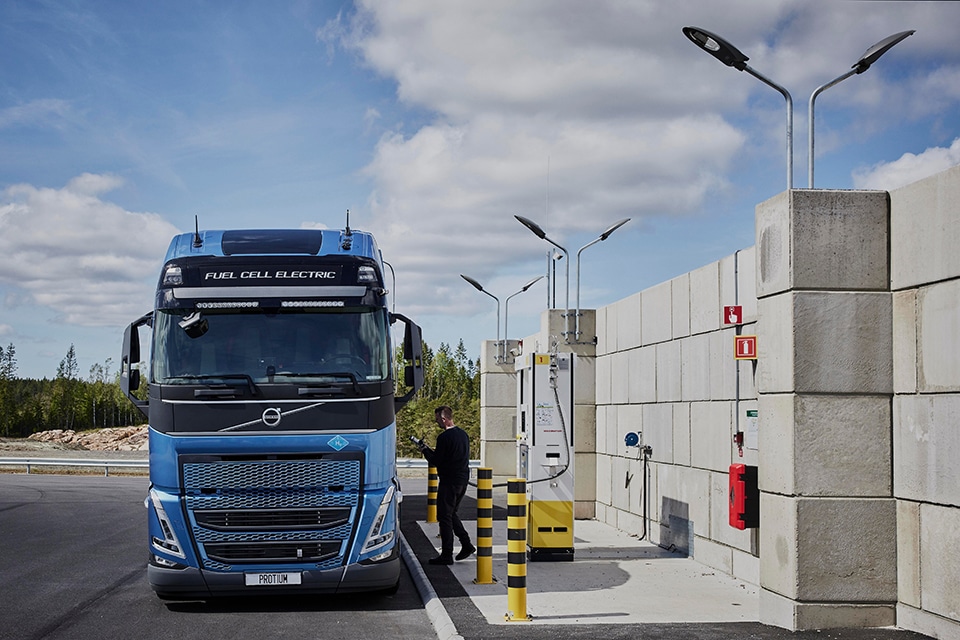
Earnings model
For some businesses, electric driving can be the ideal solution. Depending on the business situation, there is even a revenue model in using solar panels and selling HBE (Reusable Fuel Units). Charging on your own property, even with green power from the grid, can make money. "The size of many warehouses lends itself perfectly to generating electricity through solar panels. Combined with the charging of electric vehicles on their own premises, using at least two heavy electric trucks can generate a financial benefit. That can amount to several thousand euros per truck per year." This is because of the tradability of so-called HBE certificates. You can sell these to fossil fuel providers.
Service Level
For those looking to switch to electric-powered trucks, Schouten has another good tip: "Users naturally want the same capabilities and level of service as with a diesel-powered truck. This means that a workshop must always be available with enough qualified mechanics, all the necessary parts and the right permits." Because Volvo Trucks was the first to mass-produce a full range of electric trucks, they now have plenty of trained and experienced mechanics and service locations available. "Besides, you can test as much as you want, but you learn the most in practice," Schouten states.
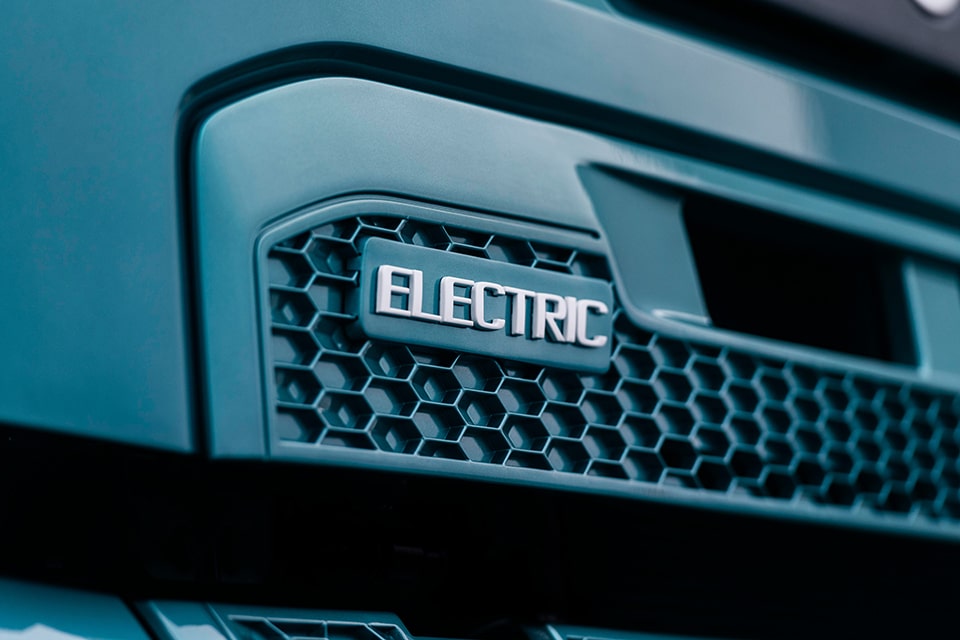
Environmentally friendly developments
But what about the "environmentally unfriendly" batteries? "There is currently a significant investment in research into reusing and recycling used batteries. The first goal, of course, is to make the batteries last as long as possible on the truck, but there are also many applications in which used batteries can get a second life just fine. Such as use as stationary batteries, which in turn can help in solving limitations in the power grid."
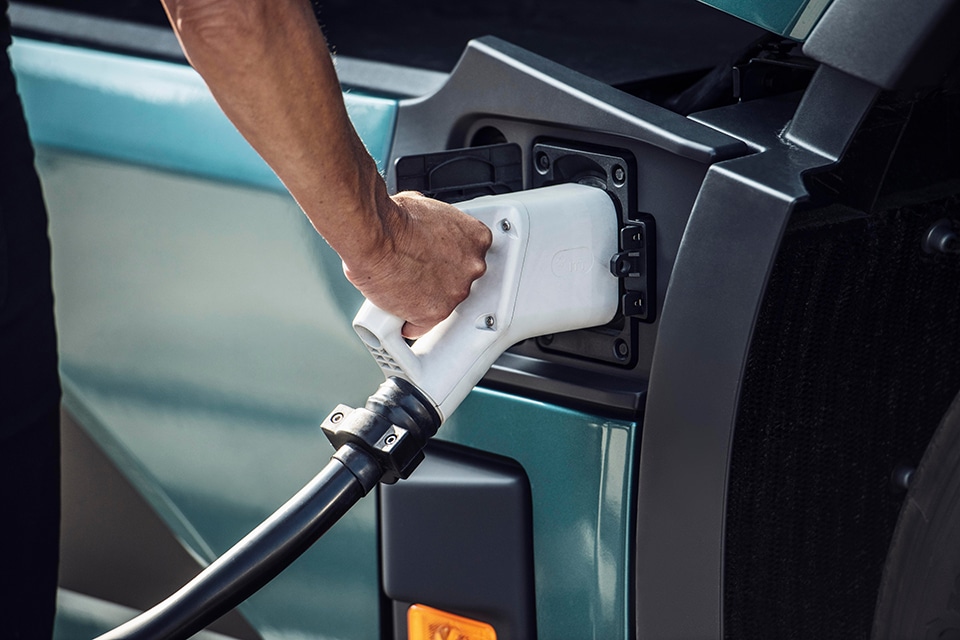
"Steps are also being made regarding aerodynamics. After all, reducing the air resistance of trucks leads to lower energy consumption and higher range." Schouten concludes, "My advice is to discuss the specific business situation with a specialist. After all, it is almost always customized and there are constantly new developments."
